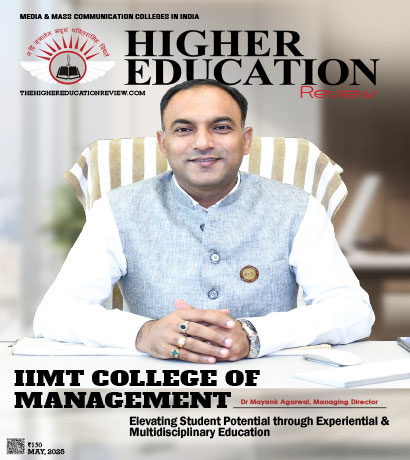Mastering the language of luxury: The soft skills that get you hired

In top-tier hospitality and luxury brands, most hiring decisions fall apart before the interview is over. Not because the candidate lacked knowledge — but because something in the interaction felt off.
The wrong tone. The wrong pace. A moment that didn’t land.
No one explains what you missed. You just don’t get the job.
So what exactly are employers in this space watching for — and why are so few graduates prepared to deliver it?
What luxury employers are actually assessing
In luxury environments, technical ability is the baseline. It gets you in the room, but it’s not what gets you hired. What hiring managers are really evaluating is how you operate under pressure, how you carry yourself, and how you make others feel in moments that matter.
That’s what soft skills look like in this space. This includes:
- Pacing – knowing when to speak, when to pause, and how to match the client’s rhythm
- Tone – adjusting language and delivery based on the situation, without sounding rehearsed
- Awareness – picking up on cues, shifting direction without being asked, and staying composed
- Cultural fluency – navigating expectations across regions, backgrounds, and client types
- Confidence without overstepping – being sure of yourself while knowing when to step back
These are the things employers are watching for— even if they don’t say so.
Why these skills are now essential across the industry
Luxury is no longer limited to five-star hotels. Today, brands across retail, travel, dining, and residential property all compete on experience. Clients expect consistency across every touchpoint — whether they’re checking into a hotel, viewing a penthouse, or sitting down with a brand rep in Paris.
That means these soft skills travel. They’re just as critical in:
- Private banking
- Luxury event planning
- High-end wellness and health clubs
- Real estate concierge services
- Ultra-premium retail and fashion
- Yacht and aviation services
Wherever luxury lives, these skills go with it.
What luxury feels like to the client
For clients, luxury isn’t about labels — it’s about how they feel in your presence. That could mean never needing to ask for something twice, being addressed in exactly the right tone, or feeling understood without explanation.
In high-end environments, these impressions form quickly and stick. A rushed introduction, awkward silence, or missed cue can take the shine off even the most beautiful setting.
Soft skills create the subtle, reassuring rhythm that makes guests feel cared for, not just served. And in this space, how it feels is what defines the brand.
Where many graduates fall short
Many young professionals enter the luxury field with technical knowledge but freeze in front of high-profile clients. They fumble introductions, rely on scripts, or miss subtle signals entirely. It’s not because they’re careless — it’s because they’ve never been trained in how luxury really works.
No spreadsheet or textbook teaches you how to handle a VIP guest who’s quietly offended, or how to adjust your body language during a private showing. Those skills need exposure, structured feedback, and time in real-world settings to develop.
How top hospitality schools are closing the gap
The most effective training doesn’t treat soft skills as optional. It builds them into the core of how students learn — through immersive scenarios, feedback on presence and communication, and internships in real luxury environments.
Role-play exercises, industry-led workshops, and regular assessments on tone and conduct are some of the tools now being used to prepare students — not just to show up, but to show up ready.
At institutions like Glion, for example, soft skills are woven into their luxury management programmes — giving students hands-on experience with the expectations and subtleties of high-end hospitality and branding.
Why this kind of preparation matters
Luxury clients won’t always say what went wrong. If something feels off, they simply disengage.
That’s why soft skills need to be taught with the same depth and discipline as finance, operations, or strategy. And why schools serious about luxury education are embedding these capabilities into the heart of their programmes — not leaving them to chance.
And for the next generation of luxury leaders, mastering these human moments will be just as vital as mastering digital tools, analytics, or operational strategy.

